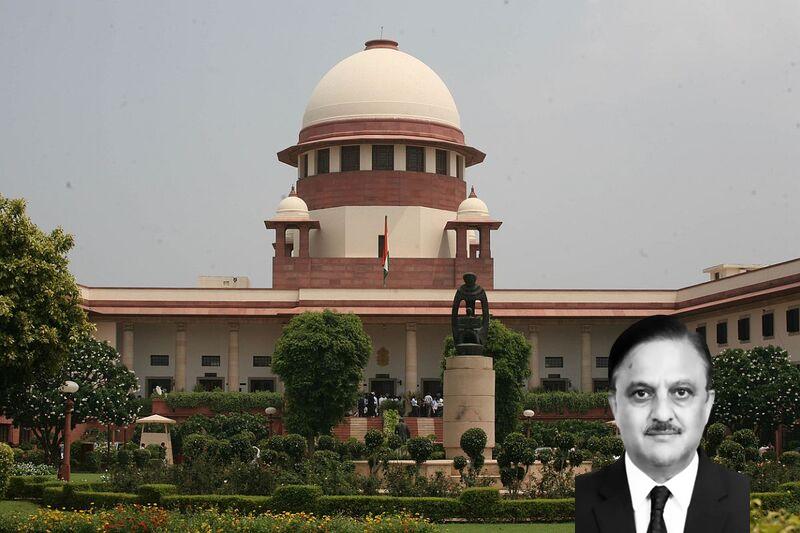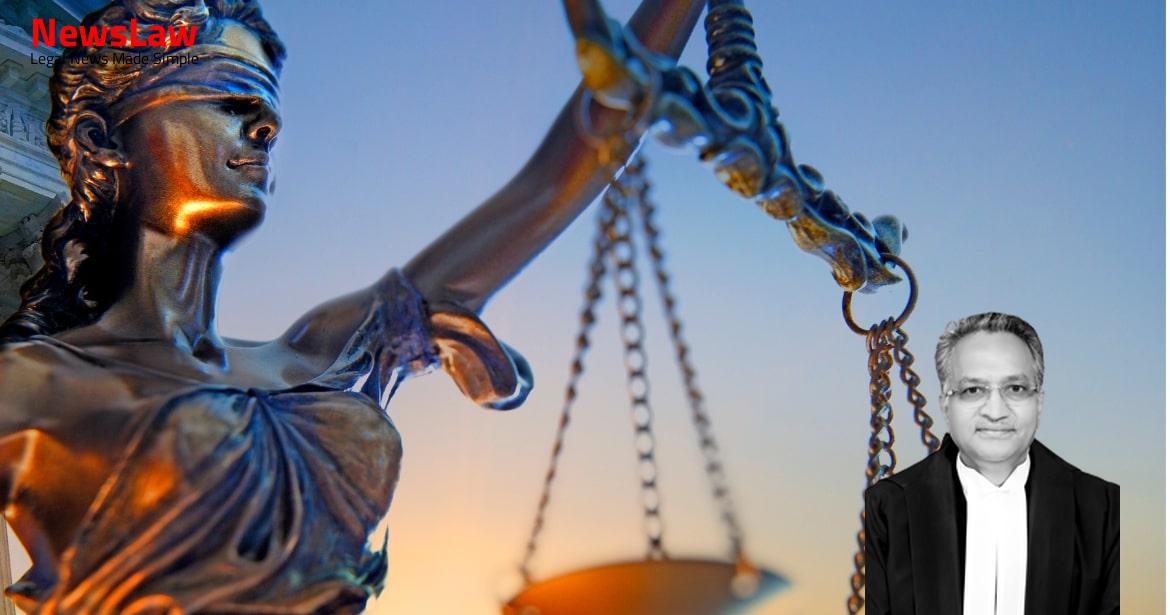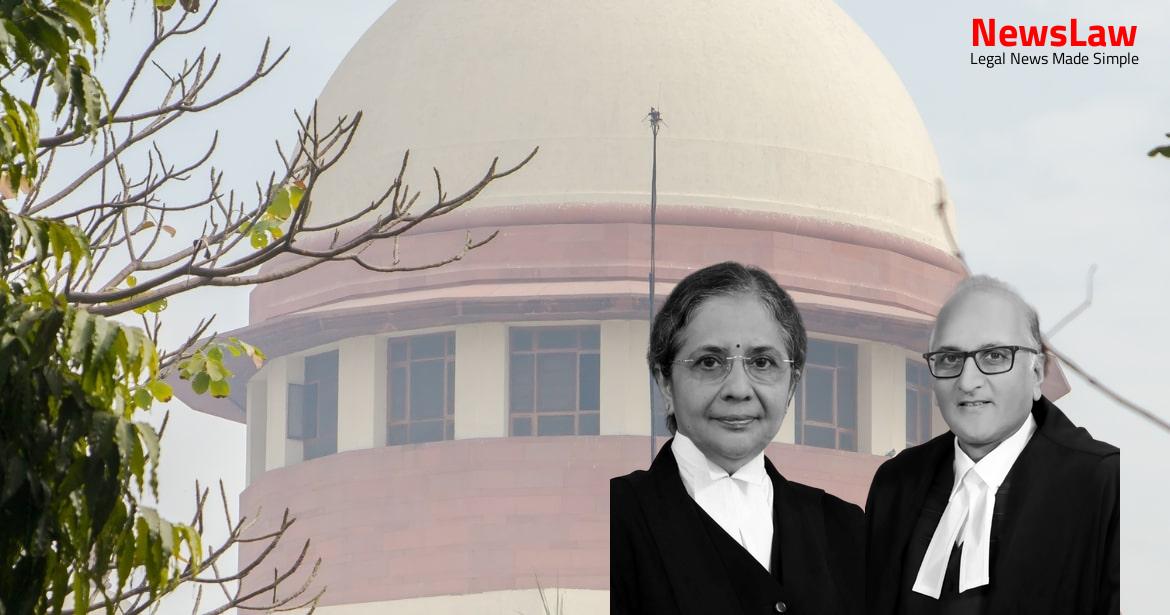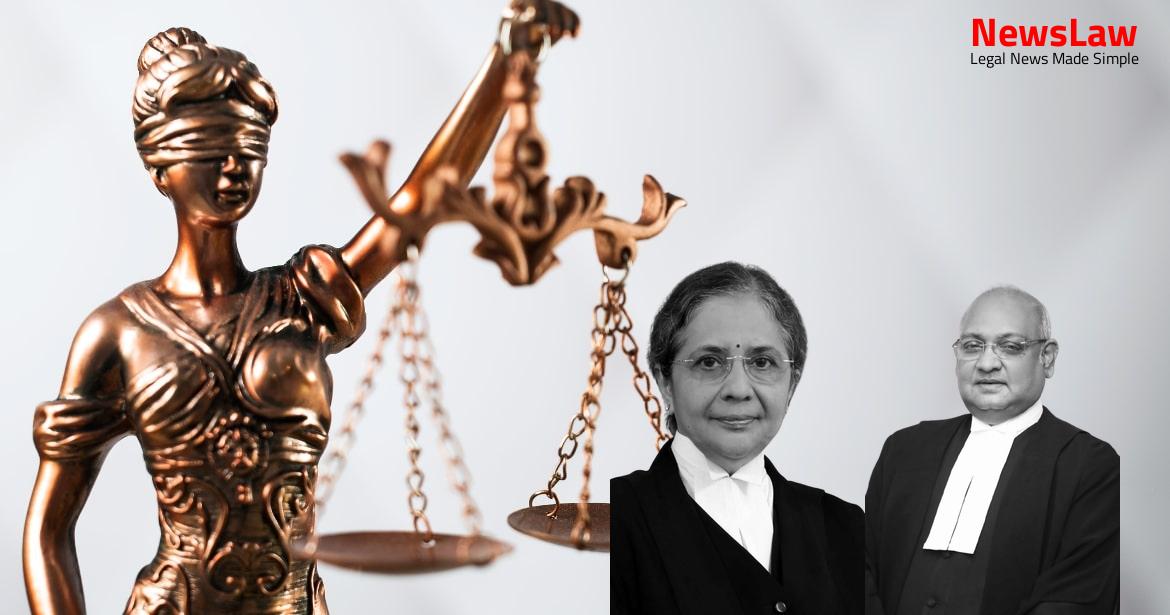On 11 February 2002, the first respondent, who was an Enforcement Officer appointed under clause (e) of Section 3 of FERA, filed a complaint in the Court of the learned Chief Metropolitan Magistrate, Esplanade, Mumbai, against the appellants for various offences punishable under FERA and Section 120-B of the Indian Penal Code. He submitted that under clause (ii) of sub-section (2) of Section 61 of FERA, cognizance of the offence punishable under Sections 56 and 57 could be taken by a Court only on a complaint in writing made by an officer specified under sub-clauses (a) to (c) of clause (ii) of sub- section (2) of Section 61 of FERA. The learned senior counsel submitted that assuming that cognizance is taken within the sunset period provided under sub-section (3) of Section 49 of FEMA, in view of clause (ii) of sub-section (2) of Section 61 of FERA, only an authorised officer could have filed the complaint and in the facts of the case, the Enforcement Officer who may have been authorised earlier, cannot perform duties of his office as from 1 June 2000, he ceased to be an Enforcement Officer. She submitted that the Enforcement Officer appointed under FERA continued to have the authority or competence to file a complaint for the offences punishable under FERA before the expiry of the sunset period provided in sub-section (3) of Section 49 of FEMA. The procedure for taking cognisance of the offences punishable under Sections 56 and 57 was provided in Section 61 of FERA. (2) No court shall take cognizance– (i) of any offence punishable under sub-section (2) of section 44 or subsection (1) of section 58,- (a) where the offence is alleged to have been committed by an officer of Enforcement not lower in rank than an Assistant Director of Enforcement, except with the previous sanction of the Central Government; (b) where the offence is alleged to have been committed by an officer of Enforcement lower in rank than an Assistant Director of Enforcement, except with the previous sanction of the Director of Enforcement; or (ii) of any offence punishable under section 56 or section 57, except upon complaint in writing made by- (a) the Director of Enforcement; or (b) any officer authorised in writing in this behalf by the Director of Enforcement or the Central Government; or (c) any officer of the Reserve Bank authorised by the Reserve Bank by a general or special order: Provided that where any such offence is the contravention of any of the provisions of this Act or of any rule, direction or order made thereunder which prohibits the doing of an act without permission, no such complaint shall be made unless the person accused of the offence has been given an opportunity of showing that he had such permission.” By a notification dated 24 September 1993, issued under sub- clause (b) of clause (ii) of sub-section (2) of Section 61 of FERA, various officers, including all the enforcement officers, were authorised to file a complaint in respect of the offences punishable under Sections 56 and 57 of FERA.
(3) Notwithstanding anything contained in any other law for the time being in force, no court shall take cognizance of an offence under the repealed Act and no adjudicating officer shall take notice of any contravention under section 51 of the repealed Act after the expiry of a period of two years from the date of the commencement of this Act. (4) Subject to the provisions of sub- section (3) all offences committed under the repealed Act shall continue to be governed by the provisions of the repealed Act as if that Act had not been repealed. (5) Notwithstanding such repeal,– (a) anything done or any action taken or purported to have been done or taken including any rule, notification, inspection, order or notice made or issued or any appointment, confirmation or declaration made or any license, permission, authorization or exemption granted or any document or instrument executed or any direction given under the Act hereby repealed shall, in so far as it is not inconsistent with the provisions of this Act, be deemed to have been done or taken under the corresponding provisions of this Act; (b) any appeal preferred to the Appellate Board under sub-section (2) of section 52 of the repealed Act but not disposed of before the commencement of this Act shall stand transferred to and shall However, that need not detain us as the submissions made before this Court proceed on the footing that there is a sunset period available of two years as provided in sub-section (3) of Section 49 of FEMA for filing complaints alleging the commission of punishable offences under Sections 56 and 57 of FERA and for taking cognizance thereof. As noted earlier, the power under sub-clause (b) of clause (ii) of sub-section (2) of Section 61 was exercised by the Central Government and all the Enforcement Officers were authorised to file complaints regarding the offences punishable under Sections 56 and 57 of FERA. That is how the complaint filed by the Enforcement Officer, duly authorised under clause (ii) of sub-section (2) of Section 61 of FEMA, will continue to be valid, inasmuch as by virtue of the legal fiction incorporated in sub-section (4) of Section 49, the prosecution will continue to be governed by the provisions of FERA as if the same had not been repealed.
Such interpretation will prevent the Court from taking cognizance after the repeal of FERA on a complaint filed after the repeal of FERA by an officer authorised under sub-clause (b) of clause (ii) of sub- section (2) of Section 61 of FERA. Director of Enforcement, interpreted clause (a) of sub-section (2) of Section 81 of FERA. Clause (a) of sub-section (2) of Section 81 of FERA reads thus: “81.Repeal and saving– (1).. (2) Notwithstanding such repeal- (a) anything done or any action taken or purported to have been done or taken (including any rule, notification, inspection, order or notice made or issued, or any appointment, confirmation or declaration made or any licence, permission, authorisation or exemption granted or any document or instrument executed or any direction given or any proceedings taken or any confiscation or any penalty or fine imposed) under the Act hereby repealed shall, in so far as it is not inconsistent with the provisions of this Act, be deemed to have been done or taken under the corresponding provisions of this Act; (b).. ” The issue before this Court was about the power of the authorities under FERA to investigate and enforce liability and penalty incurred under FERA, 1947, after its repeal. of India, Enforcement Directorate [AIR 1983 Mad 102:(1982) 2 MLJ 59] contended that in view of Section 81(2) of the Act read with Section 6 of the General Clauses Act, the power of the respondents to investigate and enforce the liability or penalty incurred under the Repealed Act is saved, though the Act 7 of 1947 has been repealed under sub-section (2) of Section 81 of the Act. The effect of the repealed Act by operation of clause ( e ) of Section 6 of the General Clauses Act read with sub-section (2) of Section 81 is that, though the Act obliterates the operation of Act 7 of 1947, despite its repeal, the penalty, liability, forfeiture or prosecution for acts done while the repealed Act was in force were kept alive, though no action thereunder was taken when the Repealed Act was in force. The things done adumbrated in Section 81(2) or Section 6 of the General Clauses Act or penalty or punishment incurred would envisage that the things already done or liabilities, penalty punishment or forfeiture incurred, though happened before the Act came into force, Section 81(2) of the Act empowers to effectuate the liabilities, penalties, etc. Unless such contrary intention is manifested, liabilities, penalties, forfeiture or punishment under the Repealed Act will continue to exist and remain in force by operation of Section 6 of the General Clauses Act.
CIT [(1975) 4 SCC 101 : 1975 SCC (Tax) 214:1975 SCC (Cri) 312] where prosecution was laid after the repeal of the Income Tax Act, 1922, the contention raised was that saving clauses in Section 297 of 1961 Income Tax Act did not save the punishment incurred under the Repealed Act, therefore, recourse to Section 6 of General Clauses Act cannot be had, was negatived by this Court and it held that the repeal had not affected the liability incurred under Section 52 of the Income Tax Act, 1922 and it continued even after its repeal. As the complaint remained stayed from 7 January 2011, we direct the Trial Court to give necessary out- of-turn priority to the disposal of the complaint bearing CC.No.14/CW/2002, which is the subject matter of this appeal.



